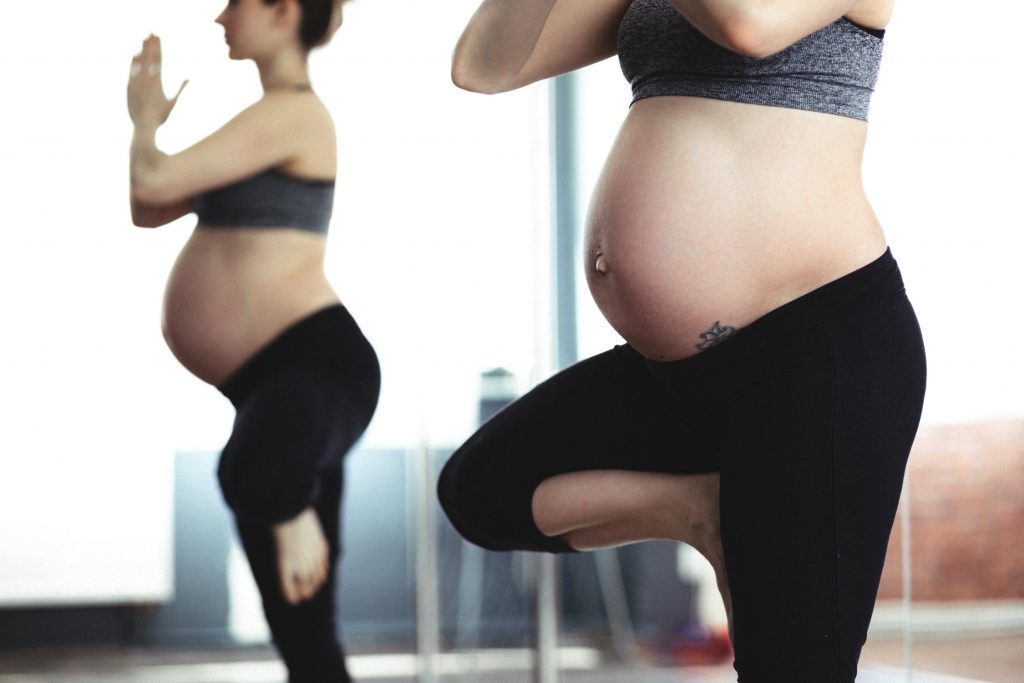Many pregnant women exercise well into their ninth month, a safe proposition when the following safety tips are followed. Keep in mind, too, that at the first sign of trouble, it’s a must to seek medical advice – being a fit pregnant mom should be always secondary to being a pregnant mom with a safe baby.
Follow your Doctor’s Advice
Always discuss your plan to engage in a pregnancy fitness program with your doctor before actually being on it. Your doctor can determine the best exercises – their types as well as the intensity, duration, and frequency – for your case, especially when you have underlying medical issues. You may, for example, not be allowed to engage in strength training because of your back pain history.
Once you have your doctor’s approval, you can discuss the best – think safe and effective – exercises with a personal trainer at American Family Fitness. If you already have a pre-pregnancy workout plan, you will likely change it for safety reasons.
Safety Is Always a Must
Even if you regularly exercised before your pregnancy, you should consider yourself at higher risk of injury when exercising while pregnant. Your body is changing and we’re not just talking about your larger tummy and breasts – we’re also talking about the physiological changes happening in your body.
For example, your body produces relaxin, a hormone that softens the ligaments and joints to make your delivery easier in the future. You should then be careful about overextending your joints or overstretching your muscles, which can result in a permanent injury.
You should also be aware of signs of overwork, such as fatigue, dizziness, lightheadedness, and feelings of clamminess. If you feel these signs, then you should stop immediately. You shouldn’t push your body to its limits because you may be depriving your baby of oxygen otherwise.
Being in the safety zone also involves choosing the right types of exercises. High-risk activities, contact sports, and extreme sports are a big no-no for pregnant women regardless of their fitness level. Instead, low-risk, low-impact, and non-contact sports are strongly recommended, such as swimming, yoga, and Pilates.
Be sure to follow the safety principles of exercise, too, whether you’re pregnant or not. You have to perform stretching exercises for warm-up and cool-down; keep hydrated, preferably with water only; and listen to your body. You have to respect the limits of your body and prioritize the welfare of your unborn child over your own.
You can always get back to your exercise routine after your baby’s birth but you can’t get back your baby’s health, if it has been adversely affected by strenuous exercises.
